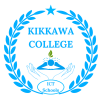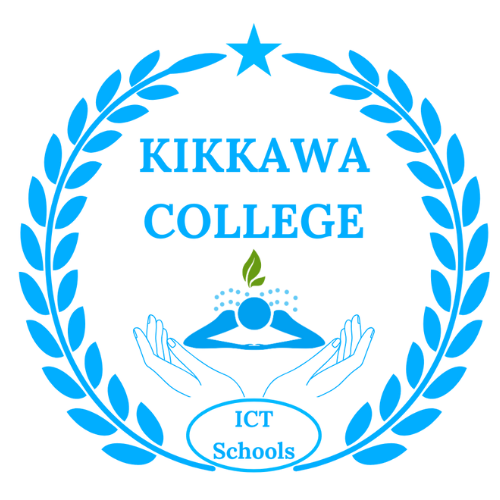Digital Healthcare Administration – Introduction
The front desk of a medical office has evolved. What used to be a simple reception area is now a tech-powered operations hub—where digital tools drive efficiency, communication, and patient care. Today’s Medical Office Administrators (MOAs) must be proficient in a range of software systems to thrive in fast-paced healthcare environments. ICT Schools’ Medical Office Administration Diploma equips students with the digital skills that modern clinics and hospitals demand.
The Rise of Digital-First Healthcare
In the post-pandemic era, healthcare settings across Canada are prioritizing automation and digital access. Patients now expect online appointment booking, e-prescriptions, SMS reminders, and virtual billing. Behind the scenes, MOAs are the ones making this seamless experience possible.
Students at ICT receive hands-on training in:
- Electronic Medical Records (EMRs): Including OSCAR, Accuro, Telus Health, and MedAccess
- Appointment Software: Calendar integrations with waitlist and reminder functions
- Billing Systems: OHIP submission, private insurance processing, and reconciliation
- Virtual Communication: Secure messaging, patient portals, and VoIP platforms
By the time students graduate, they’re not just familiar—they’re fluent in the tools they’ll use on the job.
Digital Healthcare Administration – Curriculum Focus: Tech in Action
ICT’s program integrates technology into every course. Whether it’s inputting patient records or triaging virtual appointments, students work through real-world scenarios to master key workflows:
- Setting up a new patient profile and linking it to lab requisitions
- Sending pre-visit checklists and e-consent forms
- Digitally tracking referrals and test results
- Using templates for clinical notes and appointment summaries
All training emphasizes data protection and PHIPA compliance, preparing graduates to uphold high standards of confidentiality.
Beyond the Software: Analytical and Organizational Skills
In addition to tech tools, students also develop:
- Critical Thinking: Solving real-time problems during software failures or patient disputes
- Multitasking Proficiency: Managing calls, messages, and in-person requests simultaneously
- Workflow Optimization: Streamlining admin tasks to save time and reduce errors
These skills ensure MOAs are prepared for the multitasking nature of modern medical offices.
Career Outcomes in Tech-Savvy Admin
Graduates with a Medical Office Administration Diploma can pursue careers in:
- Family practice clinics and community health centers
- Specialist offices (cardiology, dermatology, etc.)
- Hospital administrative departments
- Virtual health platforms and telemedicine providers
- EMR support roles in health tech companies
Tech literacy is no longer optional—it’s a requirement. Employers increasingly seek MOAs who are confident navigating evolving software systems.
Conclusion
The Medical Office Administration Diploma at ICT Schools trains students not just to handle the front desk—but to run it like a digital command center. With practical tech training, real-world EMR use, and workflow mastery, you’ll graduate with the tools needed to keep today’s medical offices efficient, accurate, and patient-friendly.






